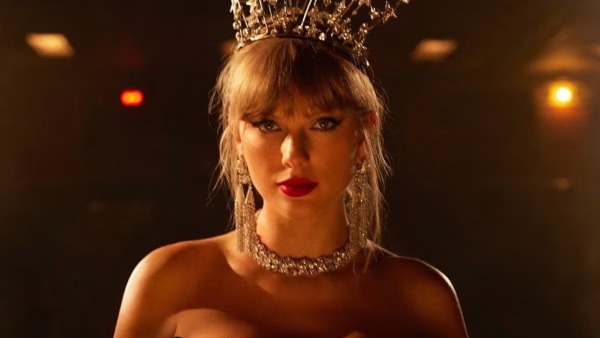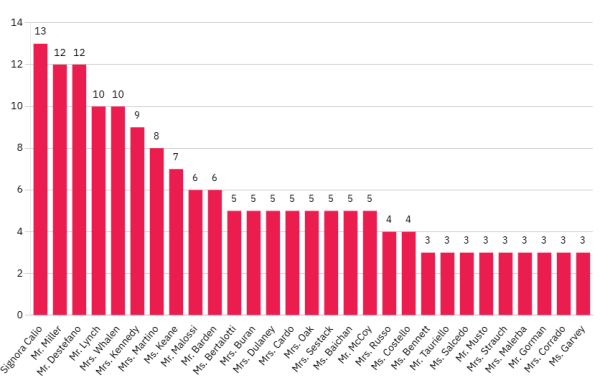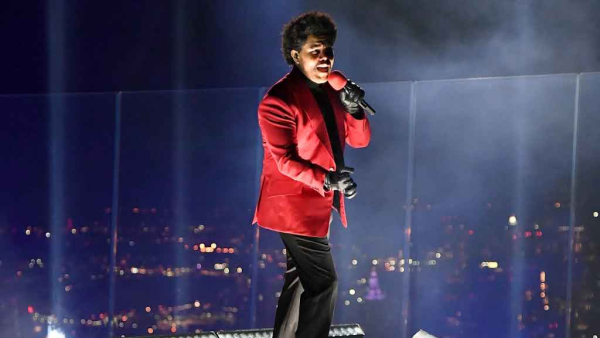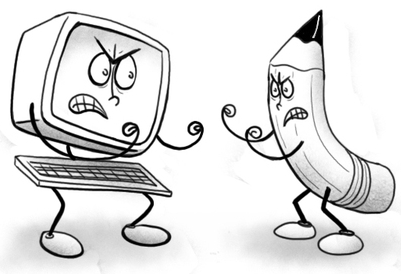Generation-Z Takes a Firm Anti-Intellectualist Stance

In the last few decades, more and more teenagers increased their traditional distaste for education. Modern teens view intellectual interests such as film, history, literature, or art as “cringy” or just altogether abnormal. Of course, a few adolescents still engage in these interests; however, many feel the urge to suppress their love for a niche topic for fear of seeming peculiar. The Eagle’s Cry investigates this phenomenon through the lens of social media in recent years.
English teacher Mr. Malossi argues, “I think there’s been an increase in the amount of work expected from students and a weakening of the content.” In fact, many students believe that for the most part, school work is unbelievably easy. Undemanding work doesn’t challenge students, nor does it allow them to reach their full academic potential, therefore, it decreases interest in school.
Also, Mr. Malossi believes overall academic interest has remained stagnant. “You always have kids who want to know more, but it’s always been about the same percentage.”
An obvious factor contributing to this epidemic of anti-intellectualism is social media. I’m sure almost every parent constantly pesters their teenager about excessive social media use, and while it can be annoying, is it seriously negatively affecting our generation? Well, it depends on the kinds of detrimental effects we’re talking about. Recently on TikTok, a trend labeled as “core-core” increased in popularity over the span of a few months. To put it bluntly, “core-core” is Gen- Z’s way of enlightening the public about how we are on the brink of societal collapse. TikTok creators include this hashtag under compilations of videos indirectly portraying the drawbacks of capitalism by showing the deterioration of the environment and its effects on society. This is done to effectively illustrate the absurdity of the 21st century. An important factor in these videos is that they’re made without context, but you can understand that it’s meant to reflect the feelings of the creator about perpetual societal issues. However, these videos aren’t meant to be depressing, they’re simply demonstrating different global aspects of life in the 21st century in an art form.
It’s no secret that Gen- Z is known for their attitudes towards activism, so what’s the issue and how does it relate to anti-intellectualism? In response to the “core-core” trend, teenagers outside of this “philosophical bubble” take advantage of the hashtag as a way to make weird edits of Donnie Darko or the Joker to twist the narrative and claim that society is failing us. Those videos are meant to leave the viewers with a depressing feeling which completely goes against the point of the trend. The individuals making those ridiculous edits are steering away from the original ideology that is meant to spread awareness in a form of art. Additionally, these people are making the edits strictly because of the aesthetic, rather than taking part in this soft-launched revolution. The idealistic outcome of “core-core” was that more and more people will watch the videos feeling obligated to act on serious societal problems in this century. Now, “core-core” will be regarded as another meaningless fad instead of something more people need to be talking about.
Even though this is just one instance in which anti-intellectualism is accurately demonstrated, there are plenty of other movements in this decade with which people simply refuse to intellectually engage.
And, as a result, serious activism will be disregarded and replaced with pessimism about our future.

Evi Tzortzatos is a senior at BHS and one of the two head editors of The Eagle’s Cry. In her free time, she listens to vinyl, plays bass for the hit...









